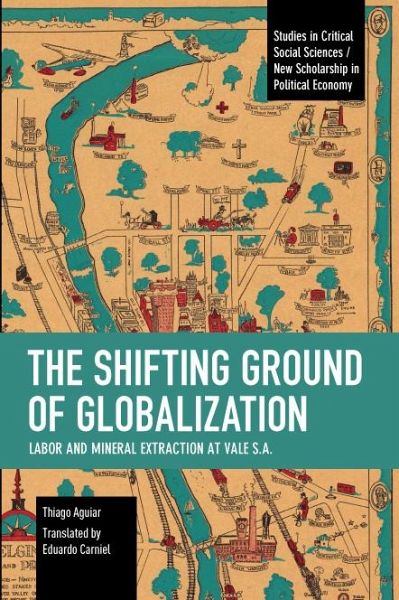
The Shifting Ground of Globalization
Labor and Mineral Extraction at Vale S.A.

PAYBACK Punkte
13 °P sammeln!
The Shifting Ground of Globalization: Labor and Mineral Extraction at Vale S.A. describes the transformation of the formerly state-owned Brazilian mining company into a Transnational Corporation, global leader in iron ore and nickel extraction. Through ethnographic research in Brazil and Canada, in places as different as Carajás, in the heart of the Amazon rainforest, and Sudbury, in northern Ontario, Thiago Aguiar dialogues with the theories of global capitalism and takes the case of the largest Latin American company as a telling example of the integration of the Brazilian economy into capi...
The Shifting Ground of Globalization: Labor and Mineral Extraction at Vale S.A. describes the transformation of the formerly state-owned Brazilian mining company into a Transnational Corporation, global leader in iron ore and nickel extraction. Through ethnographic research in Brazil and Canada, in places as different as Carajás, in the heart of the Amazon rainforest, and Sudbury, in northern Ontario, Thiago Aguiar dialogues with the theories of global capitalism and takes the case of the largest Latin American company as a telling example of the integration of the Brazilian economy into capitalist globalization and its consequences for workers, communities, and the environment in the first decades of the twenty-first century—when many celebrated the BRICS as an alternative to neoliberal globalization.




